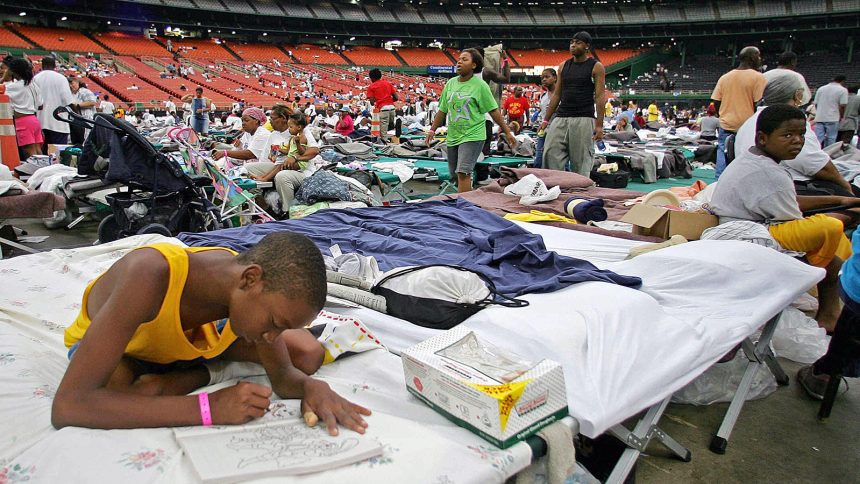Welcome back to State of Emergency! I’m Jake Bittle, and today we’re diving into the lasting political impact of Hurricane Katrina, one of the worst natural disasters in American history. Katrina exposed the racial dimensions of climate change impacts, particularly in New Orleans. In the aftermath, research has shown how the storm affected trust in government, voter turnout, and blame for the botched response.
Beyond New Orleans, Houston played a crucial role in resettling over 200,000 evacuees. Mayor Bill White’s resettlement efforts received national praise but also sparked local backlash due to fears of imported crime. The moral panic led to prejudice against evacuees, revealing racial tensions between Houston and New Orleans. This backlash against resettlement holds important lessons for future climate displacement crises.
As climate disasters increase, politicians must address housing, job, and crime concerns resulting from displaced populations. The response to Katrina evacuees in Houston highlights how climate disasters can scramble political attitudes, leading to social panics and potential racism. As we navigate climate disruptions, understanding and addressing the political fallout of displacement is crucial.






